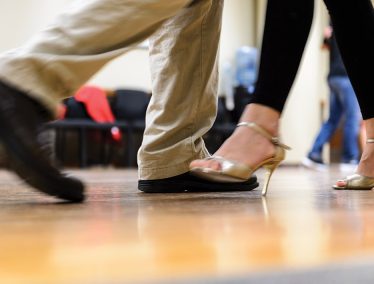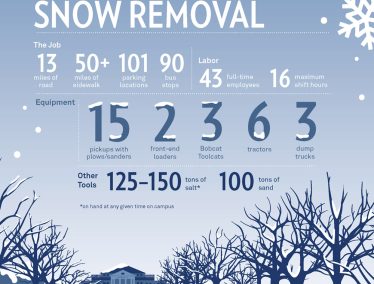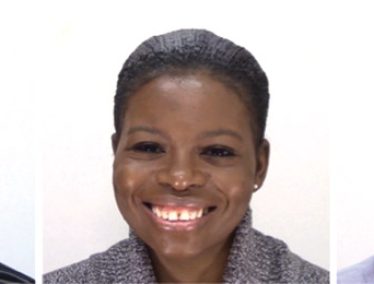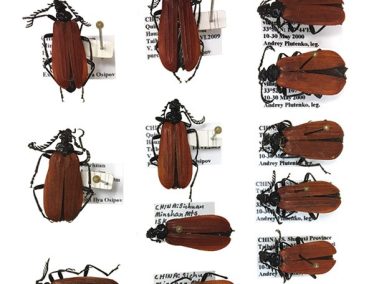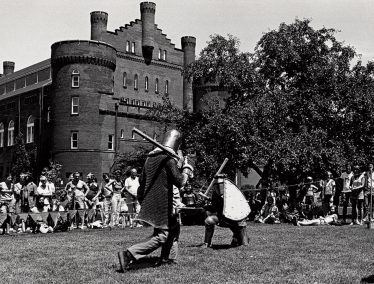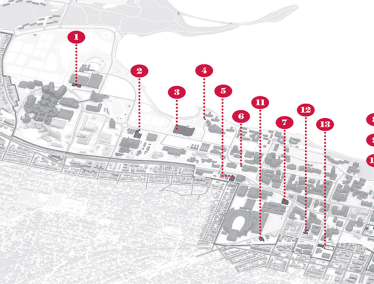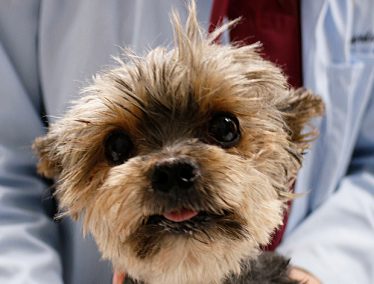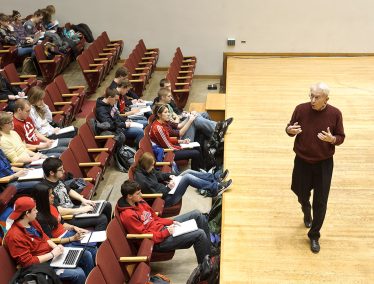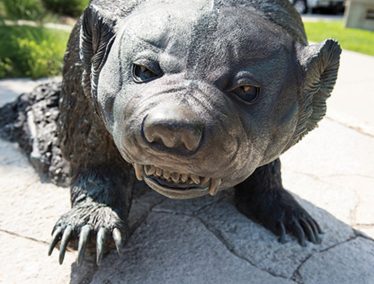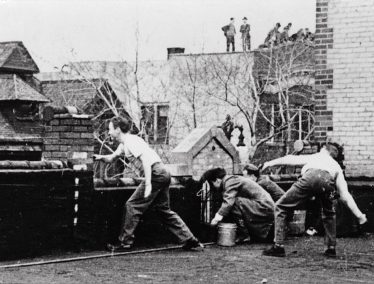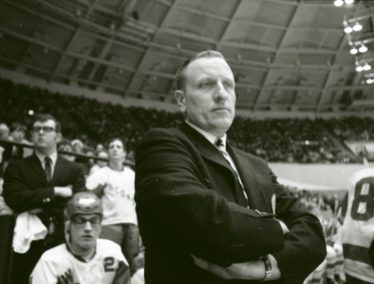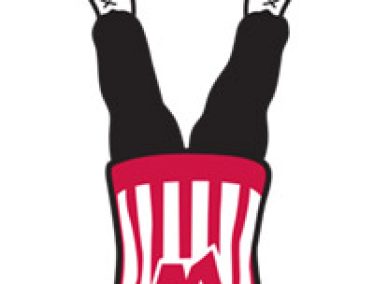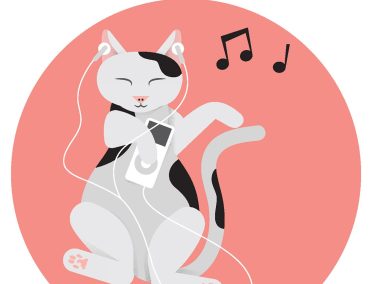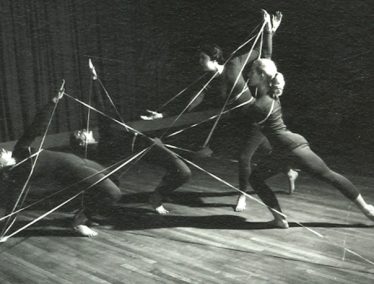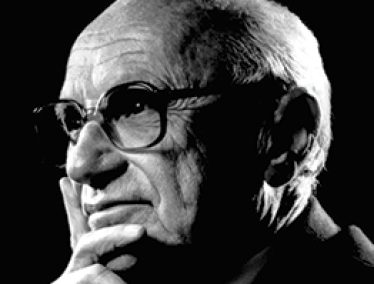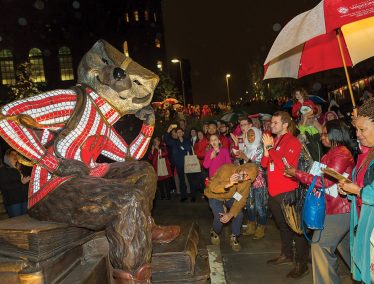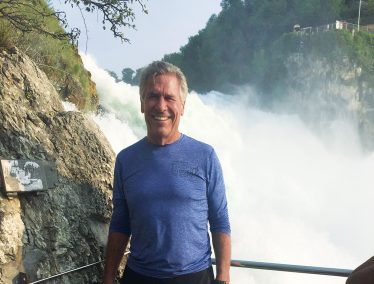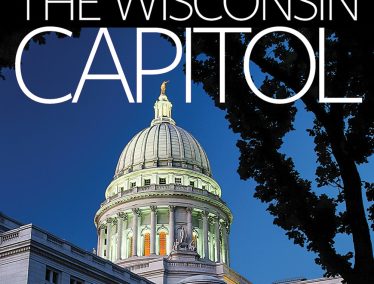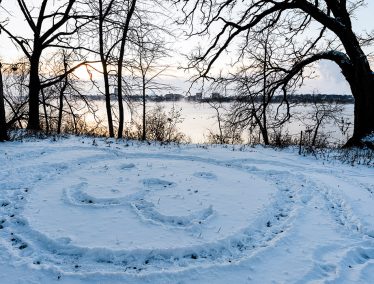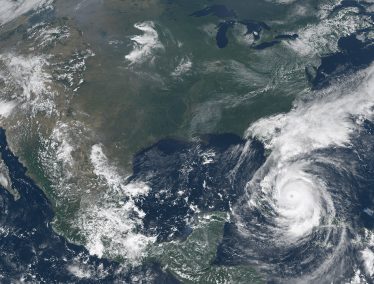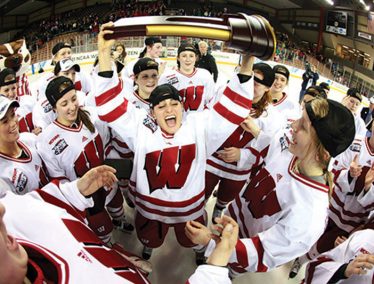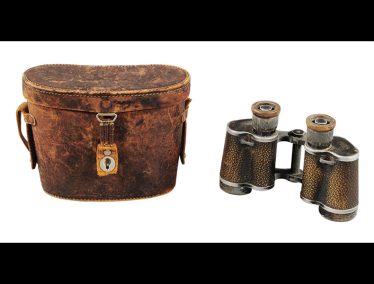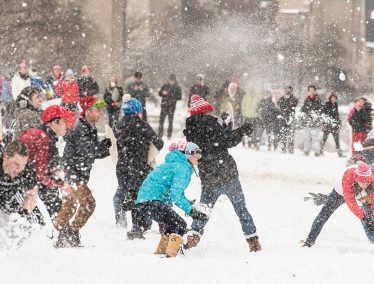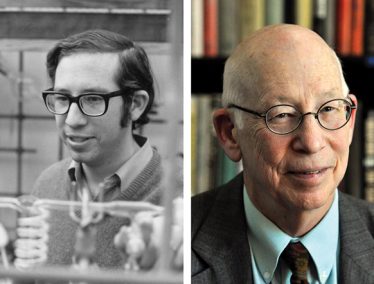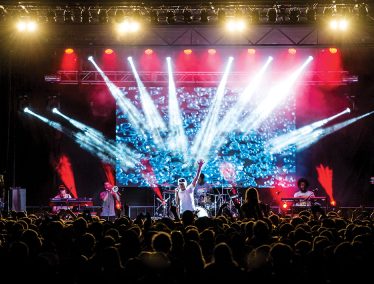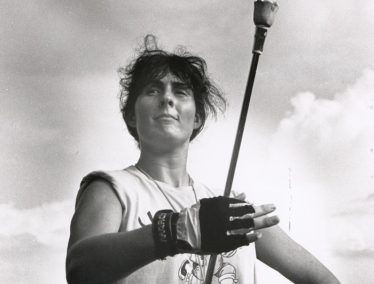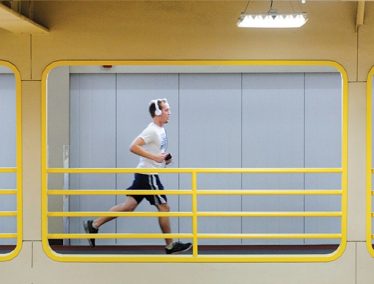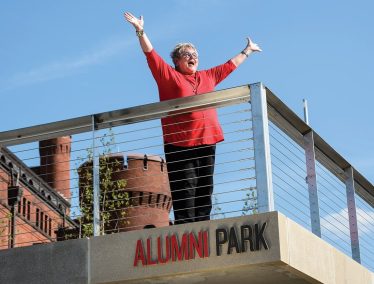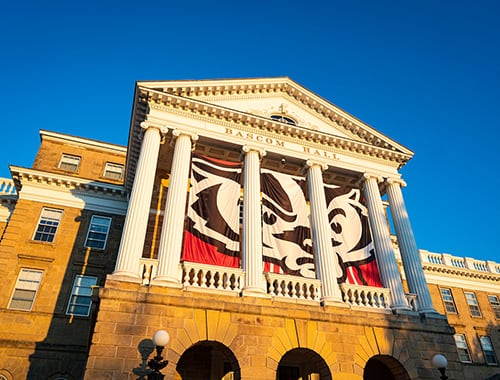There’s no shortage of choices for UW students in search of a group to match their interests.
Find Articles
This page presents a paginated collection of all On Wisconsin stories by default. You can use topic and year filters to narrow the list of stories.
Selected topic: All stories.
2317 stories matched. Showing page 37 of 78.
Filters
Filter by Year
Filter by Topic
From scientific marvels to meaningful mementos, items found in the offices of UW professors help tell their stories.
UW Archives is working to digitize each piece of UW history for people to both use and share, but with limited resources, that’s easier said than done.
It’s part of the campus master plan’s big picture: better managing space while protecting historic buildings and campus landscapes.
Some faculty members come and go; others stick around and become legends.
The collection spans a full century of work from multiple sculptors, and is just a small portion of the more than 100 pieces of public art that bring color to campus.
These UW coaches and players reached the highest levels in their sport.
The UW’s ideas factory churns out remarkable findings that don’t always get the notoriety they deserve.
From the beginning, the UW has been a higher education pioneer in research, education, and innovation.
The UW very nearly hired two professors who were destined to win Nobels. Both of them slipped through the university’s fingers in a two-year period.
At the Alumni Park grand opening in October, visitors admired the new statue of Bucky Badger. Andy Manis
Alumni Park welcomed more than 2,600 visitors at a grand opening on the weekend of October 6–8, despite intermittent rain on Friday and Saturday.
The park is…
Jon Mattrisch
DIY CareerJenni Radosevich ’05 (above, center) was crafting long before it was cool — before Pinterest and the do-it-yourself (DIY) deluge in pop culture.
She has many fond memories of visiting the craft store with her mom, dipping her hands in tie-dye,…
Courtesy of Mike Splinter
Taking Stock of SuccessWhen Mike Splinter ’72, MS’74 (above at Rheinfall, Switzerland) joined the board of Nasdaq, Inc., known for its U.S. stock exchange, he predicted the company’s high-tech edge could be a game-changer for financial-market services. That was in…
No matter their political leanings, surely visitors to our capitol agree on its remarkable beauty. In The Wisconsin Capitol: Stories of a Monument and Its People, Madisonian Michael Edmonds tells how this spectacular icon came to be.
Starting with territorial governor Henry Dodge, Edmonds tells inspiring and…
A floppy-eared smiley face greets the sunrise on Picnic Point on a December morning in 2016. UW students need to keep a sense of fun in the cold: since 2000, Lake Mendota has been iced over for an average of 85 days out of the year.
UW Archives is home to items that belonged to the ecologist who became the most influential conservation thinker of the 20th century.
Since 1936, the Wisconsin Alumni Association has honored leaders in their fields.
Music is tied up in the fabric of campus life. Some concerts — including these — are highlights from the university’s history.
UW Archives S06352
“I figured if it was going to happen eventually, it might as well be me,” says Dee Willems ’90, MS’96, who became the UW Marching Band’s first woman drum major in 1989. (See Tradition for more on the band’s audition process.) Today, Willems…
Jeff Miller
For years, overcrowding and long lines have been the norm at the SERF (Southeast Recreational Facility), built in 1983 to give students a place to exercise. So it’s no surprise that in a 2014 student-government referendum, 87 percent of students voted to dedicate more…
Paula Bonner
After just a year of teaching phys ed to eighth graders in her native South Carolina, Paula Bonner moved to Madison for graduate school and began a 40-year relationship with the UW. She helped lead the evolution of the Badger women’s intercollegiate sports program, and…
When UW surgeon Susan Pitt captured an homage to a New Yorker cover on her smartphone with help from some colleagues at a conference, she created a Twitter meme that spread across the globe. Pitt, an assistant professor of surgery, used a hashtag launched by a female medical student…
